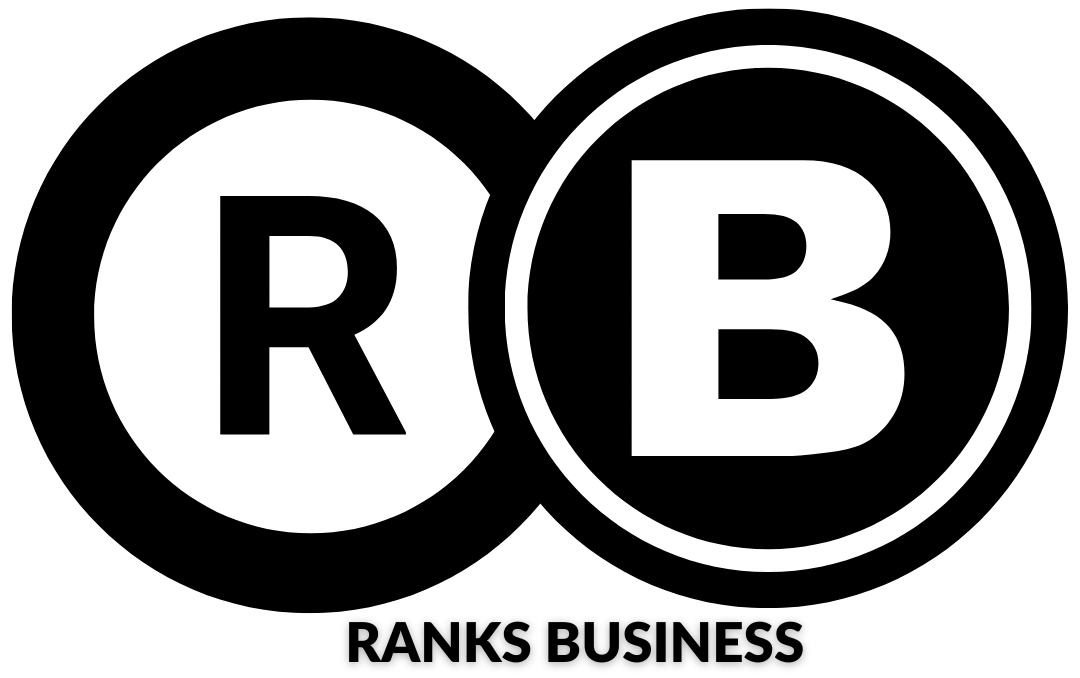According to the World Bank, Nigeria could experience a recession akin to that of 2016 if significant reforms are not carried out before the price of crude oil falls significantly.
According to the multilateral lender, Nigeria’s inability to take full advantage of the rise in global oil prices has deteriorated its fiscal situation as the country struggles to generate money while shouldering an expanding debt load.
In its most recent Nigeria Development Update (NDU), it stated that the nation’s over reliance on oil had left it extremely vulnerable to both local and international shocks.
It claimed that by continuing the gasoline subsidy between 2020 and 2021, when oil prices were substantially lower, the government missed an opportunity to address one of the main causes of fiscal vulnerability. As a result, the country is now facing a fiscal time bomb due to reduced oil production.
“Instead of benefiting from the windfalls to build macroeconomic resilience, the Nigerian economy is becoming more vulnerable to external shocks and if the external windfalls were to reverse, the economy could face a similar recession to that of 2015–2016,” the World Bank said.
It said the government has resorted increasingly to costly financing by the Central Bank of Nigeria, which in turn has increased interest costs, causing severe fiscal and debt challenges. “Hence without adequate buffers, the economy is more vulnerable to external shocks more severe than the pre-pandemic period.”
According to the NDU, with such intense fiscal pressure, debt servicing is expected to surge, exerting fiscal and liquidity pressures and is projected to reach about 45 percent of GDP in 2027.
“As debt is increasing rapidly, the proportion of short-term (expensive) debt is high, and poor market perceptions coupled with higher global financing costs may limit Nigeria’s access to international financing,” it said.
The World Bank said pressured finances at the federal level will further weaken the fiscal condition of subnationals even till 2023 as statutory transfers to states are expected to decline by 5.5 percent, with expenditure and capital expenditure expected to increase by almost 4 percent and 17.3 percent respectively in nominal terms.
“Consequently, the fiscal deficit of an average state is estimated to reach 37.9 percent of revenues in 2022, as opposed to 31 percent of revenues in 2021 and 17 percent of revenues in 2020, debt levels for an average state are estimated to increase from 154.6 percent of revenues in 2021 to above 200 percent of revenues in both 2022 and 2023,” it said.
The multilateral lender said Nigeria’s macroeconomic stability has deteriorated significantly and revised downward the country’s growth estimates to 3.1 percent in 2022 and 2.9 percent in 2023–2024 as against the 3.4 percent and 3.2 percent earlier projected for 2022 and 2023–24 respectively.
“A weak infrastructure base, high levels of insecurity, governance issues, bottlenecks to private investment and competitiveness, poor human development outcomes, and uncertainty about the pace and direction of economic policy, are key factors hampering the long-term growth of Nigeria’s economy,” it said.
The bank said as Nigeria prepares for the 2023 general elections, its chances of accelerating economic growth by increasing investments, easing macroeconomic imbalances, addressing fiscal vulnerabilities, and protecting the welfare of poor households is rapidly shrinking.
“With the upcoming general election in February 2023, a key challenge is addressing macroeconomic vulnerabilities when elections encourage higher spending, high inflation is pushing millions of Nigerians into poverty; and higher global interest rates weigh on portfolio investment, and raise the costs of private investment financing and public borrowing,” it said.
The bank warned that if no structural reforms are implemented and business as usual continues, people’s prospects will be hindered.
“Per-capita income will plateau, 80 million working-age Nigerians will not have a full-time job by 2030 if the employment rate does not improve, and 23 million more Nigerians will live in extreme poverty by 2030,” it said.
The Washington-based lender said the redesign of currency notes would have negative impacts on economic activity.
It said although a naira redesign was due, the transition period from its announcement on November 23 to January 31, when the old notes will cease to be a legal tender, is short.
“International experience suggests that rapid demonetizations can generate significant short-term costs, with small-scale businesses, and poor and vulnerable households, potentially being particularly affected due to being liquidity-constrained and heavily reliant on day-to-day cash transactions,” it said.
The World Bank said households and firms already face elevated financial pressures from prolonged, high inflation, recently compounded by external food and fuel price shocks, and the severe floods, adding that the phasing out of existing naira notes over a short time period may add to their challenges.

